Mountains
Mark Moldwin, Senior Scientists Must Stand Up Against Attacks on Research and Education

Mark Moldwin, Senior Scientists Must Stand Up Against Attacks on Research and Education
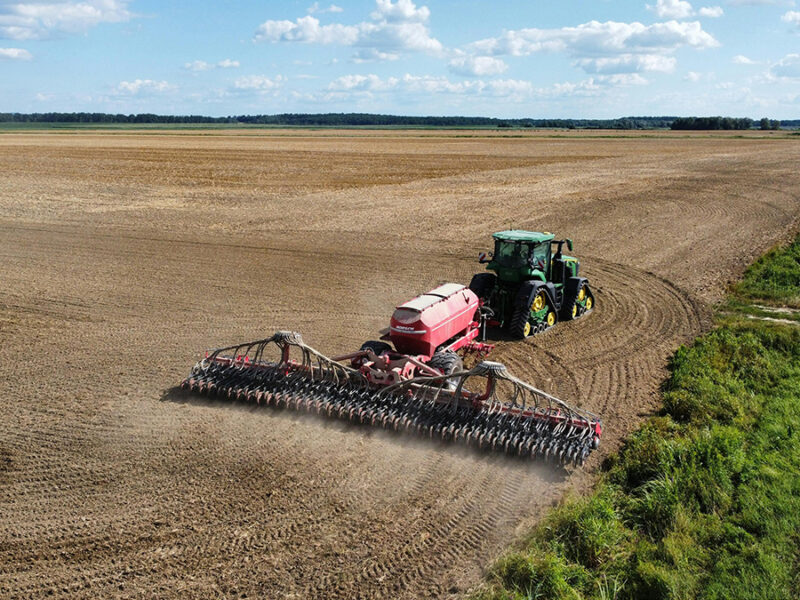
To strengthen societal resilience to worsening natural hazards, siloed Earth system science communities must collaborate to understand conditions that favor skillful subseasonal-to-seasonal forecasts.
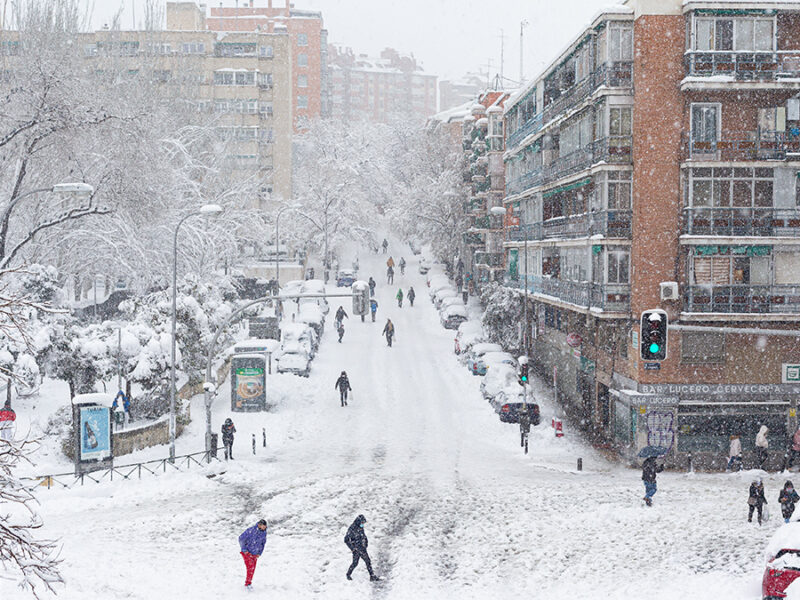
Humans acutely experience climate change when they encounter extreme environmental conditions, but scientific definitions of “extreme” often don’t reflect communities’ complex lived experiences.

Odorant-binding proteins derived from pigs, bovines, and other animals are the next frontier in localized, climate-smart sensing of pesticide spills, greenhouse gas precursors, and more.
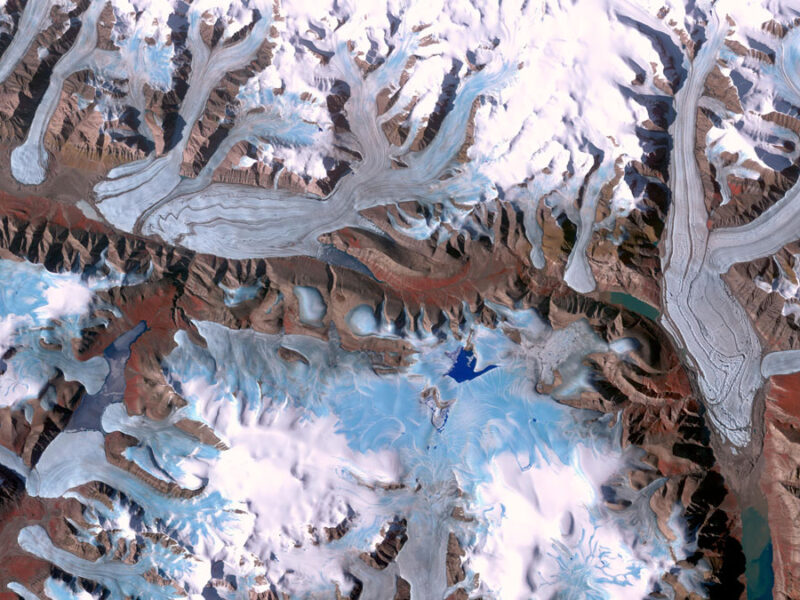
A new community effort shows that Earth has lost 5% of its global glacier mass since 2000. The work highlights the necessity of spaceborne glacier observations and upcoming gaps in long-term monitoring.
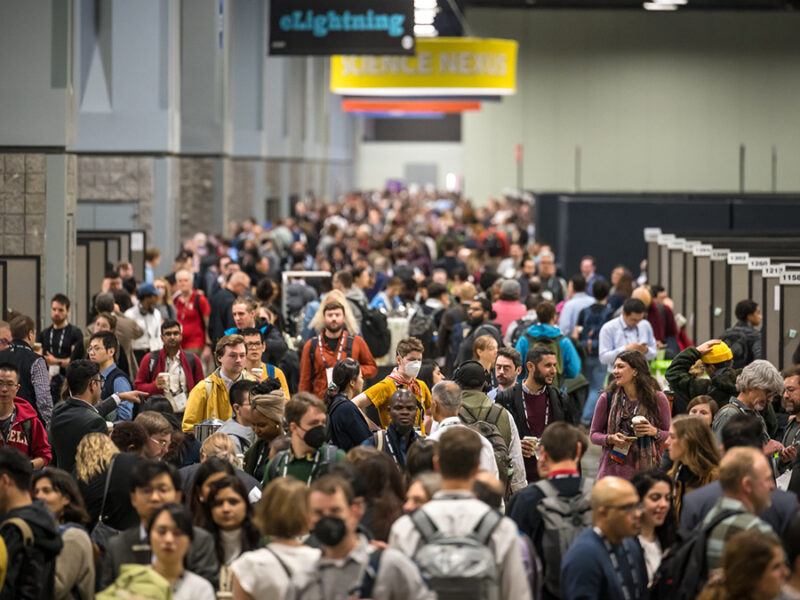
Getting scientists to engage in sessions about issues of scientific culture is challenging, but these best practices for meeting organizers can help.
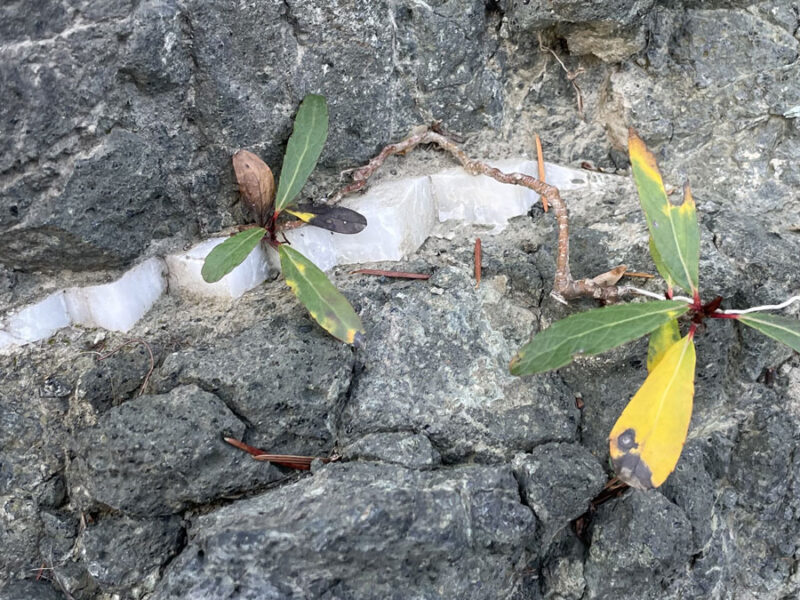
Es momento de aceptar que el almacenamiento duradero de carbono en el subsuelo, junto con la reducción de emisiones, debe ser parte del plan para mitigar los efectos del cambio climático, y las geociencias deben desempeñar un papel central.
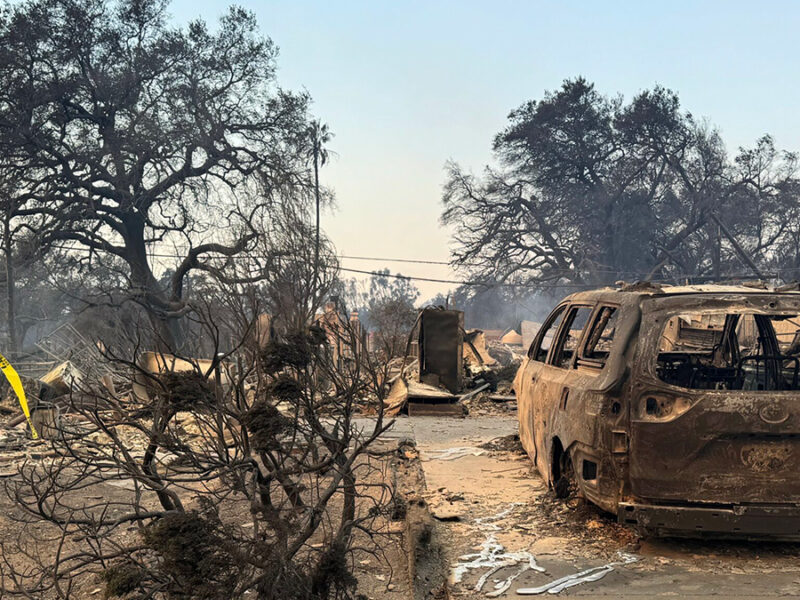
A scientist-authored brief played a role in the 2009 determination that greenhouse gases endanger public health. With the finding now up for reconsideration, the same scientists revisit their opinion.
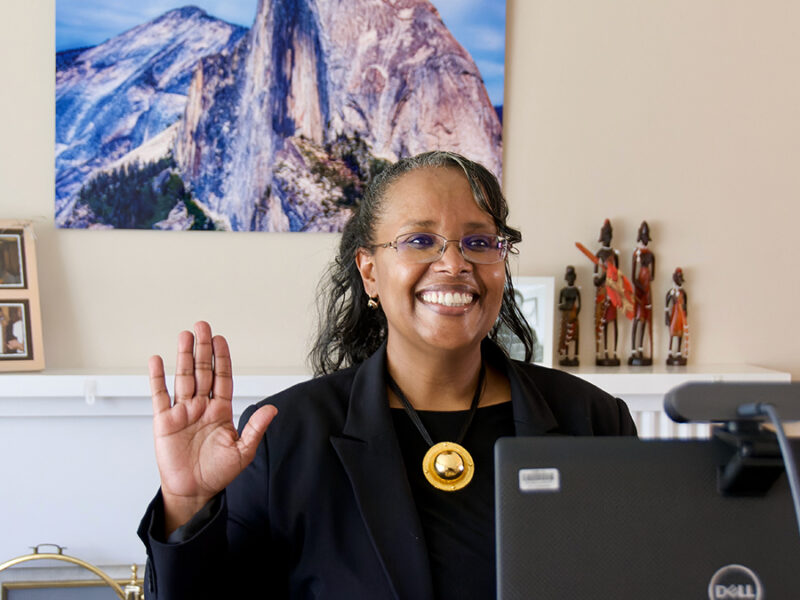
The first person of color and first Earth scientist to serve as director of the Department of Energy’s Office of Science reflects on her career as the new administration works to dismantle key diversity programs.

They can use their position and collective power to influence institutional actions and mobilize to support more vulnerable colleagues.

It’s time to accept that durable subsurface carbon storage, along with emissions reductions, must be part of the plan to mitigate the effects of climate change—and geoscience must play a central role.
Something went wrong. Please refresh the page and/or try again.